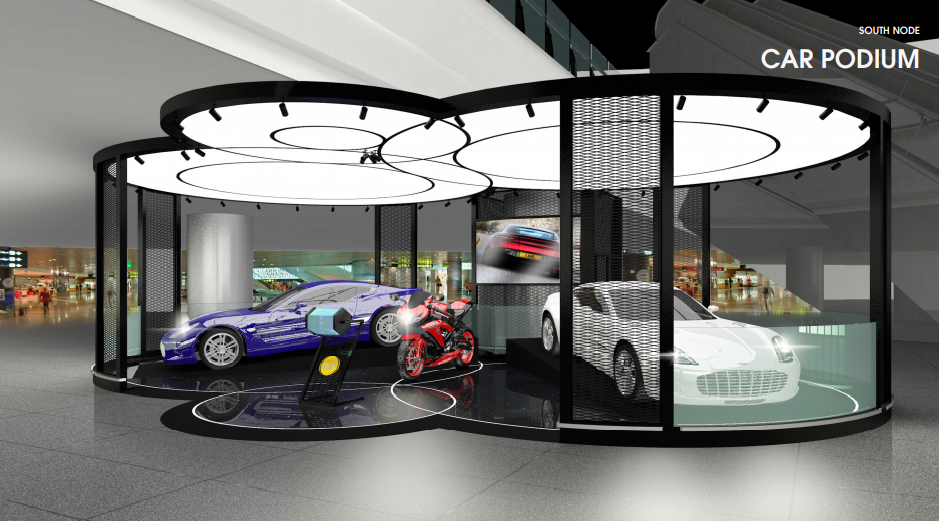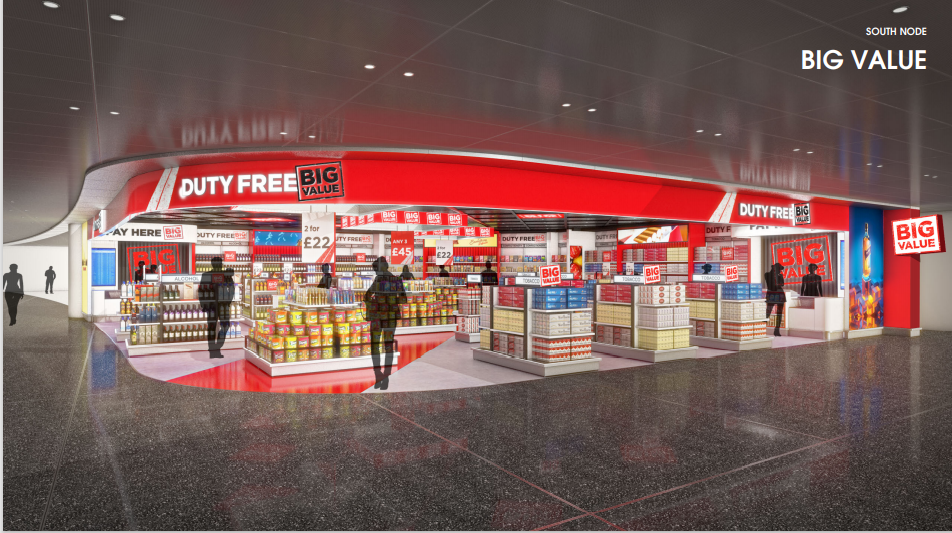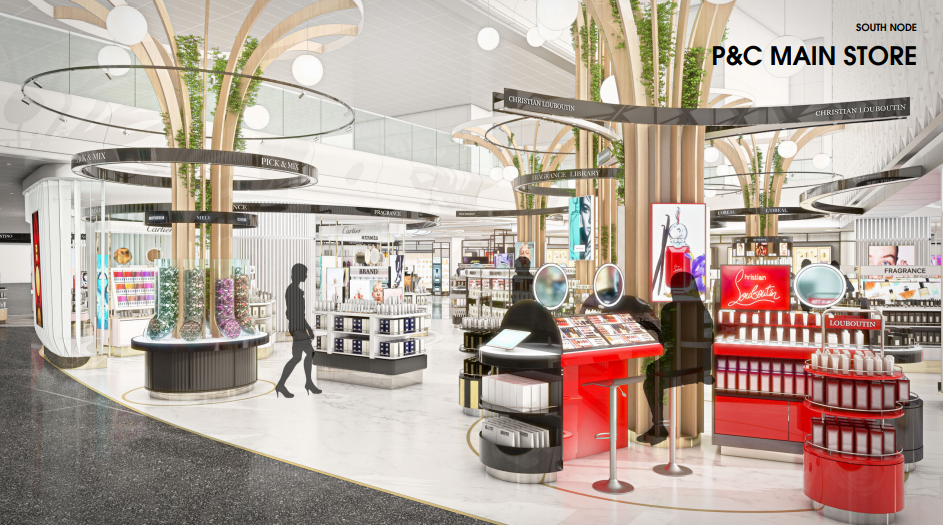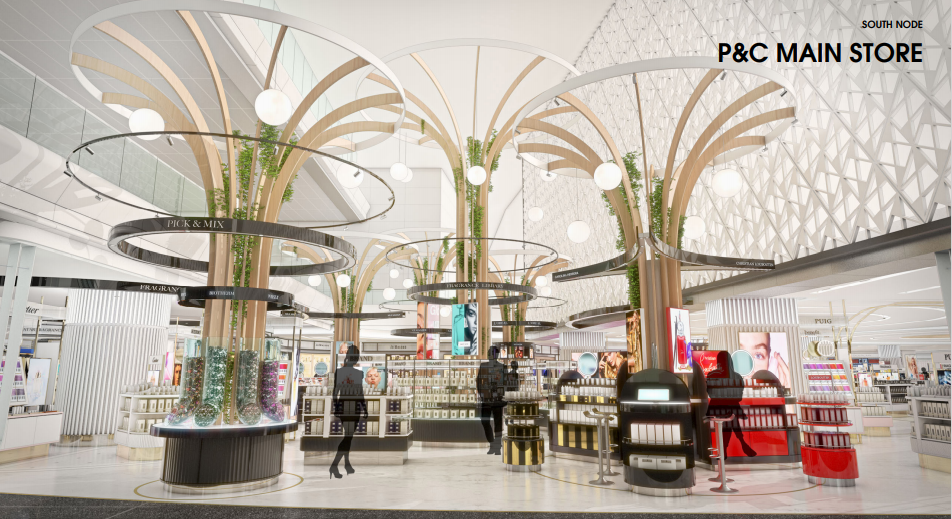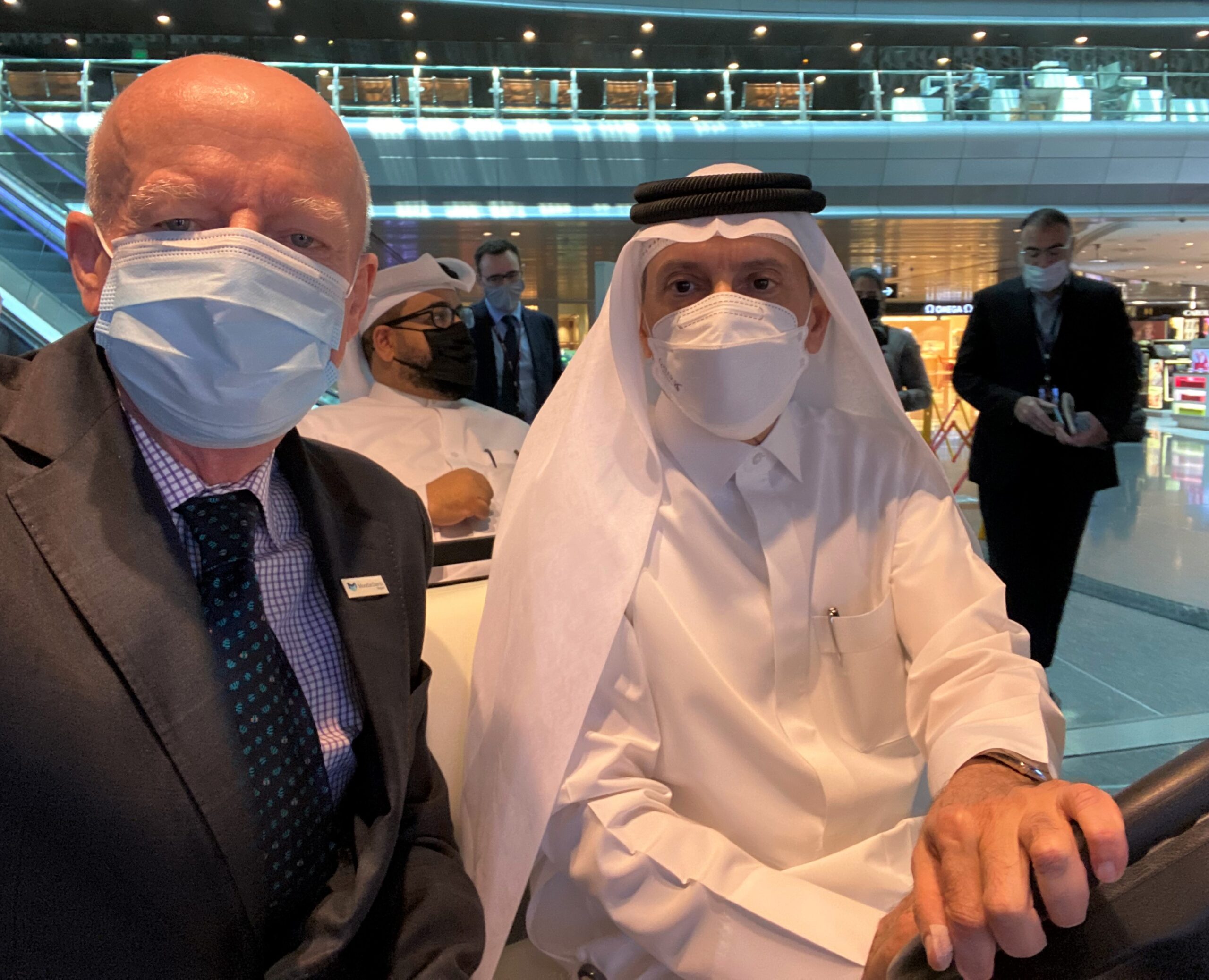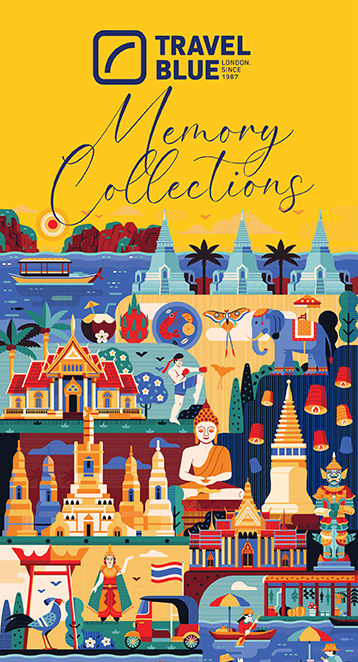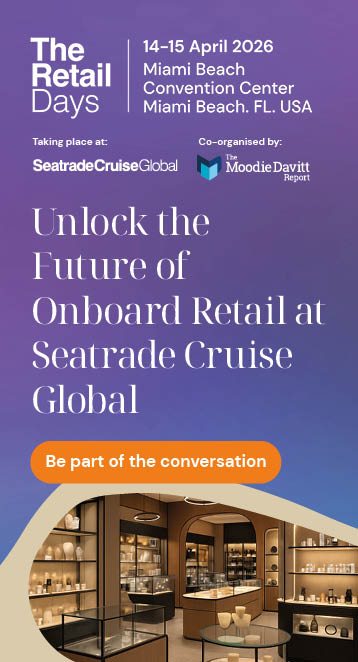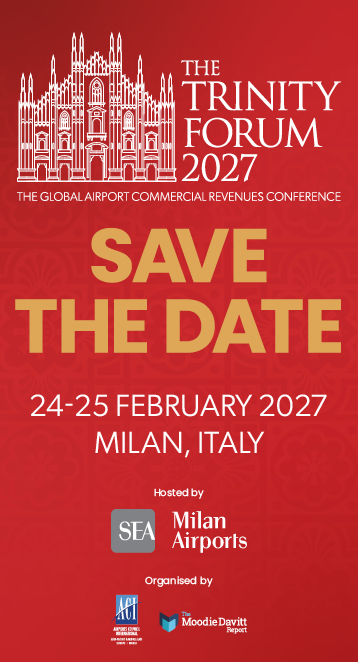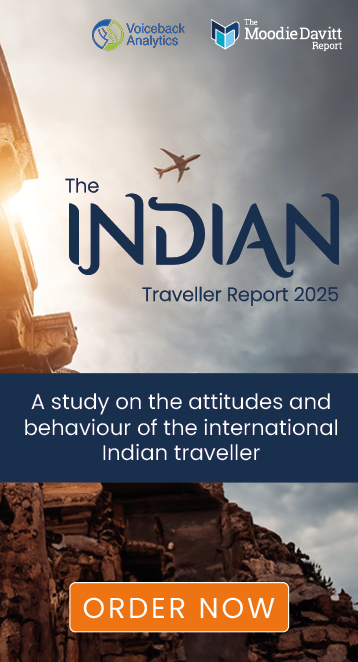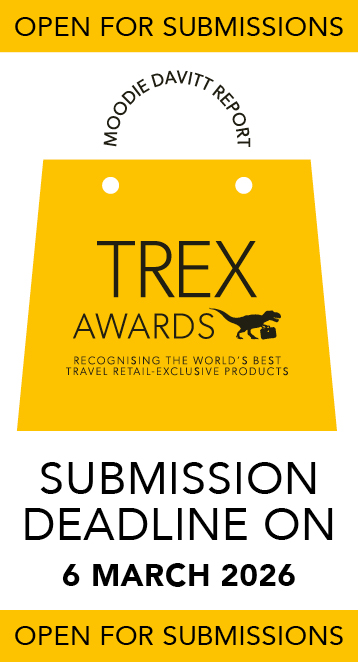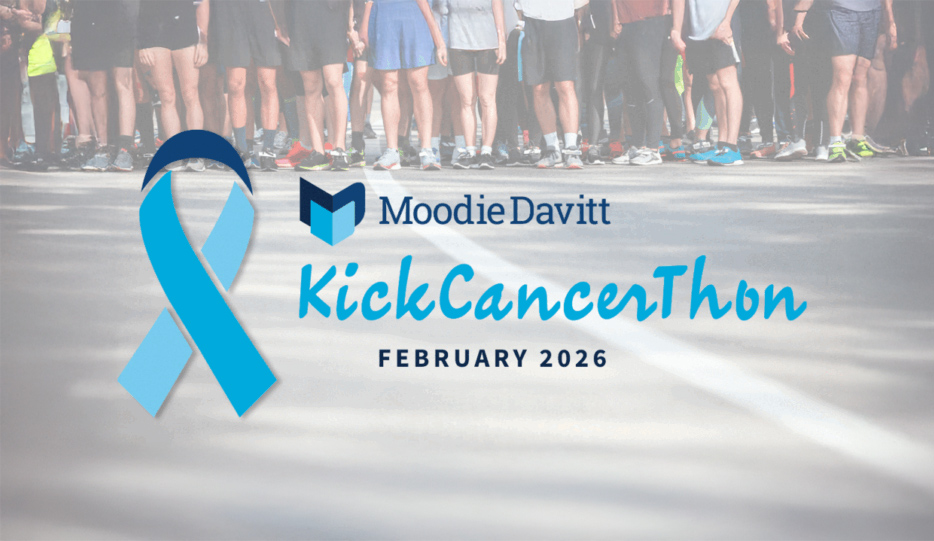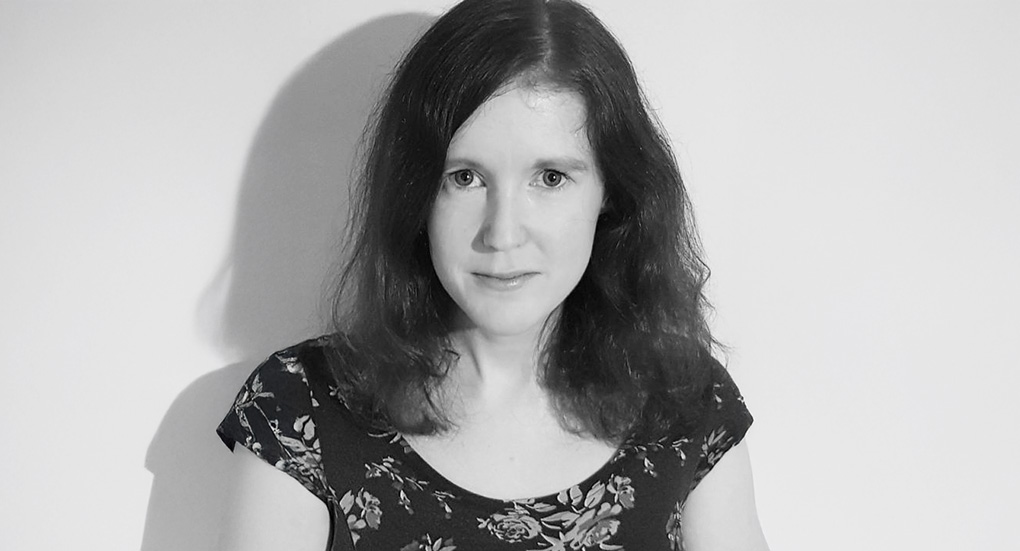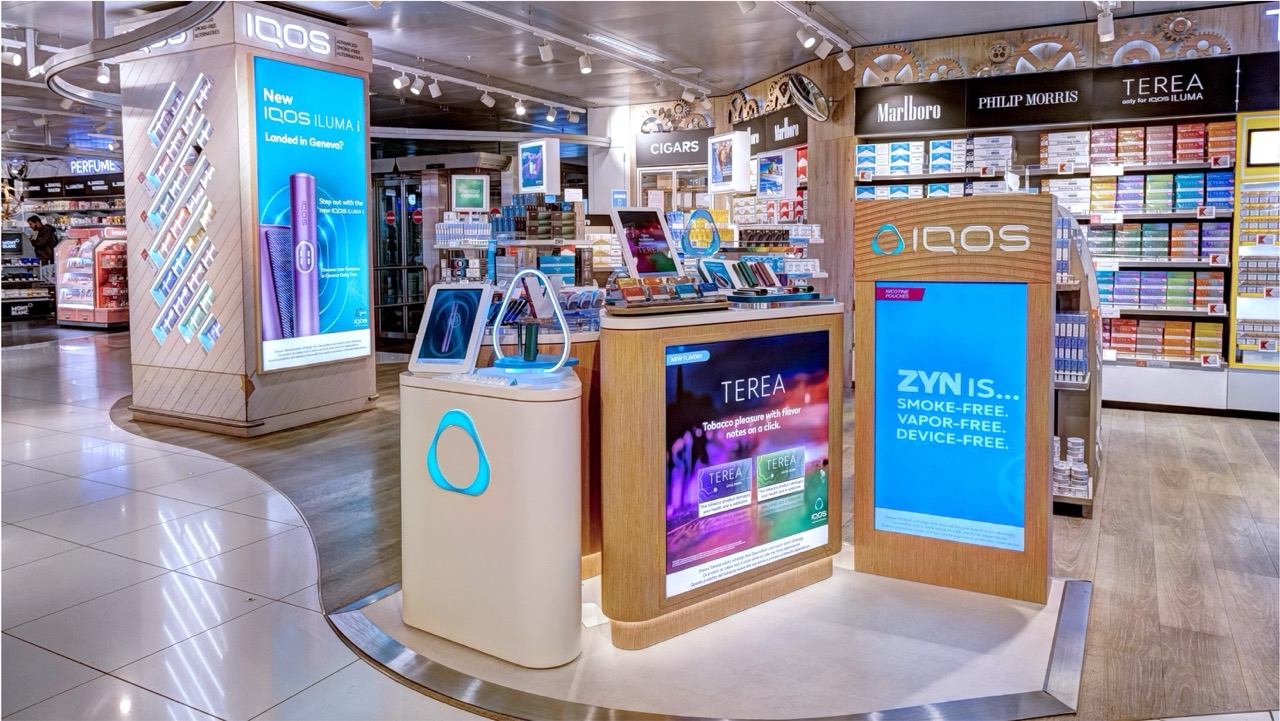Introduction: Qatar Airways Group Chief Executive, His Excellency Mr. Akbar Al Baker is one of the most influential figures in the aviation sector worldwide. A charismatic, deeply driven business leader, he has driven the extraordinary emergence of Qatar Airways as one of the world’s fastest-growing and most highly acclaimed airlines – named this month as the world’s best in Airline Ratings’ annual awards.
When he assumed his role in 1997, Qatar Airways operated four aircraft in a regional capacity. Today it flies 209 aircraft to over 150 destinations across six continents. Al Baker is also the Chairman of the Executive Committee of the Arab Air Carriers Organization (AACO), a member of the Board of Governors of the International Air Transport Association (IATA) and a non-executive Director of Heathrow Airport Holdings.
Among his multiple other leadership roles, he is also Secretary-General of Qatar National Tourism Council, and CEO of Hamad International Airport and Qatar Duty Free. Wearing all those hats, His Excellency spoke exclusively to Martin Moodie during a tour of the existing and planned facilities at Hamad International. [Akbar Al Baker is one of the keynote speakers at the Virtual Travel Retail Expo in October].

Martin Moodie: Just talk me through the journey that you’ve been on since we heard that first word, coronavirus, which was not so many months after we saw each other at The Trinity Forum in Doha in late 2019.
Akbar al Baker: Yes. It was last year in March that everything began to shut down. Frankly, we decided we had two choices: either to shut the airport like everybody else and ground the airline; or take the risk, keeping in mind that first we are a gateway.
We had a lot of our own people out of the country. We knew that airlines putting their shutters down and leaving their passengers behind all over the world was another opportunity for us to bring these people home. And the biggest part of it was that we should be there for when people need us.
We needed to show resilience. We needed to show leadership. We needed to show people that we have compassion, that we would not leave people stranded at the time of a calamity or a pandemic or anything else.

Even, I remember, after 9/11, we continued to operate. Though there was a lot of stress security-wise, we at Qatar Airways never like to let people down who have depended on us.
This situation [the pandemic] was also a very important time for us to show to people that we had a brand; to show them our marketing capability and to serve them, because service was for us the most important message and product that we wanted to give.
In this we were very good and we carried over 3 million people safely to their homes. We were approached by many governments. We were approached by many entities and companies to bring their people back safely. For example, the mariners that were stranded all over the world thousands of miles away from their home and who really depended on QR to get them safely home.
[This poignant video called ‘Super Heroes with Masks’, which honoured the role of Qatar Airways’ cabin crew during the height of the crisis, won a Moodies Award in 2020]
But we took a lot of risks during this time. The pandemic was new. The virus was new. Nobody knew what the genome characteristics of this virus were. But we put ourselves in the firing line just to serve our passengers. We were also an airline that gave refunds within a very short period of time to anybody that asked… we gave US$1.9 billion worth of refunds over a 90-day period.
Passion, pride and purpose at Hamad International Airport With a skilled driver like this at the wheel, how could I possibly go wrong? But while the ride ahead will be safe, it is also sure to be thrilling for here is a man who seems to only go at top speed. “Come on Martin, jump in.”
|
That’s an extraordinary number at a time when some of your peers were doing exactly the opposite and the value of travel as a brand, if you like, was actually being damaged.
Exactly. When it came to the airport, we had to protect our staff. We had to completely shut our duty free because we didn’t want people that were coming from abroad mingling with our staff when we didn’t know how this whole virus was transmitting. So we shut it for nearly three months.
We decided to bring back all the staff from outside accommodation into company accommodation so that we could properly monitor them, test them regularly for the virus. So that when they opened the duty free they were not infecting anybody else and not themselves getting infected. We provided them with all the necessary protection they required.
We also took this period when there was a reduction in airport traffic to make all the modifications that you have seen today.
So your belief in investment and in the future of aviation and travel never wavered?
At Qatar Airways and at Hamad, we will never stop investing. Investment is what will give you the returns. If you just stay stagnant, people will get bored of you; people will not give you the kind of investment return that you are looking for.
Much of our industry got locked into an understandable short-term mentality. You saw beyond that.
As a leader of a major airline in the world, I have to see beyond the end of my nose. I need to make sure that we are ready for the long term and not just the short term. And this is why we are making all these investments. Not only investment in the duty free, but also investment in the airport building. To go to the second level – making sure constantly that as people copy us, we are two steps ahead of them.
When you come here in a year’s time, you will see the change in the terminal itself. Something that really raises the bar, which we are continuously doing with the airline, too. So it is in unison – as an airline we are doing this together with the terminal, which is our home.
With the expansion at Hamad International Airport, you’re clearly going to be setting a new benchmark. But it’s important to note that in the existing areas you have also been investing heavily.
We will find every single corner of this building that needs development. You saw the new lounge and actually that is not the only lounge that we are doing. We are building another 100-room hotel at the other end of this building and we are also doing a major First and Business Class lounge because once we ramp up the operations, the Al Safwa [First Class] and Al Mourjan [Business] lounges will be congested. So we need to make sure that we give a consistent product to the people.
We don’t want people overflowing, or the lounges overcrowded so people don’t have a place to sit or are sitting on top of each other. We want people to feel relaxed when they come to our lounges and this is what we are doing.
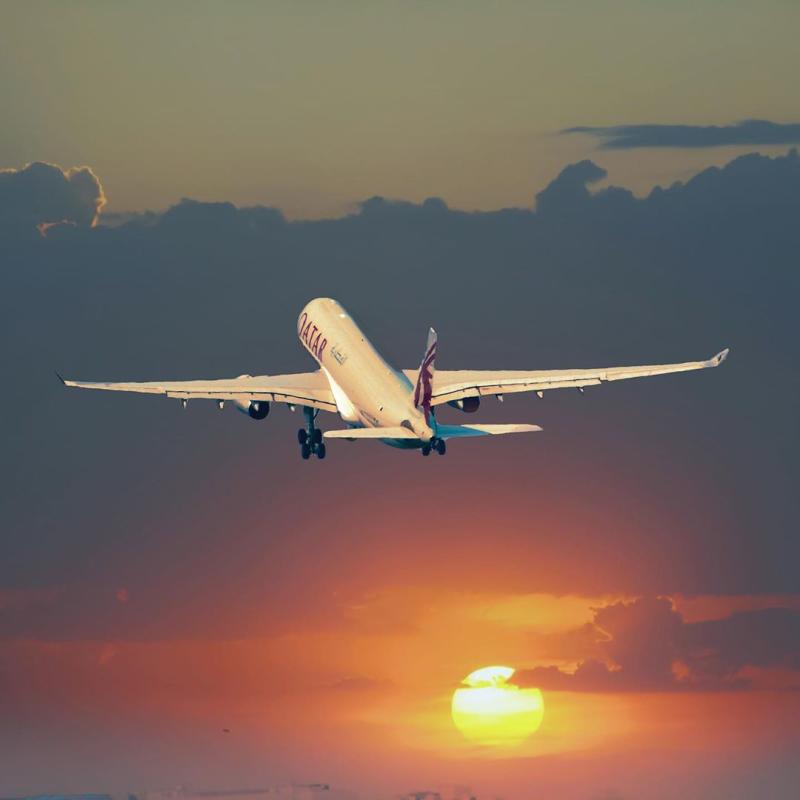
Where you are today in terms of recovery of the market in general, but also with your airline?
When you look at the figures in April and May, our passenger numbers were twice that of Heathrow and way, way above Hong Kong Airport. You know, Hong Kong is at the doorstep of China, the world’s largest aviation market after the United States. And we are double the traffic from Heathrow and have maybe 50 times more traffic than Hong Kong.
[Note: Hamad International Airport (HIA) ranked the busiest travel hub in the Middle East for the first half of 2021, according to a new study from travel analyst ForwardKeys. Based on flight booking data, the Doha gateway seized and consolidated a lead over Dubai International Airport (DXB) in the period. The volume of air tickets issued for travel via HIA was +18% higher than through Dubai. Current bookings for the second half of the year through Doha are +17% higher than through Dubai, ForwardKeys added.]
But it didn’t mean that we put the country at risk. You can see that today we have the lowest infection rate of any country of our size and we have the lowest number of people in the ICU and one of the lowest death rates in the world.
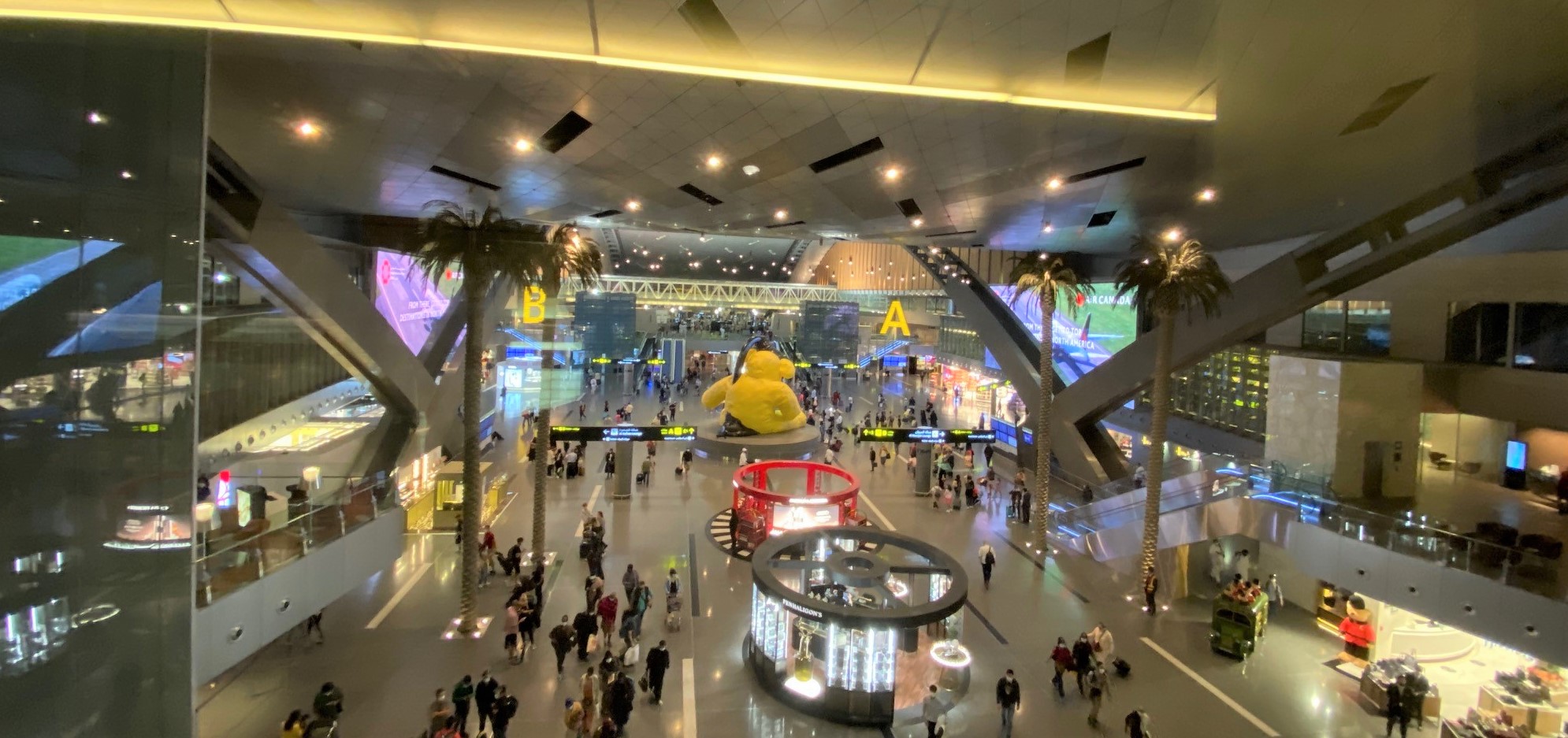
How about vaccination rates?
At QR, we are more than 97 percent vaccinated. All of our crew onboard the airplanes have been vaccinated. All the staff in the group have been vaccinated. And we are now vaccinating contractors that are at the airport and in the country – more than 70 percent of the people are already either double-dose vaccinated or are waiting for the second dose. As a matter of fact, we received another half a million Moderna jabs this morning.
We also have the Ministry of Public Health constantly at the airport doing random tests. So I could be stopped while walking in the airport and they will ask me to do a PCR test.
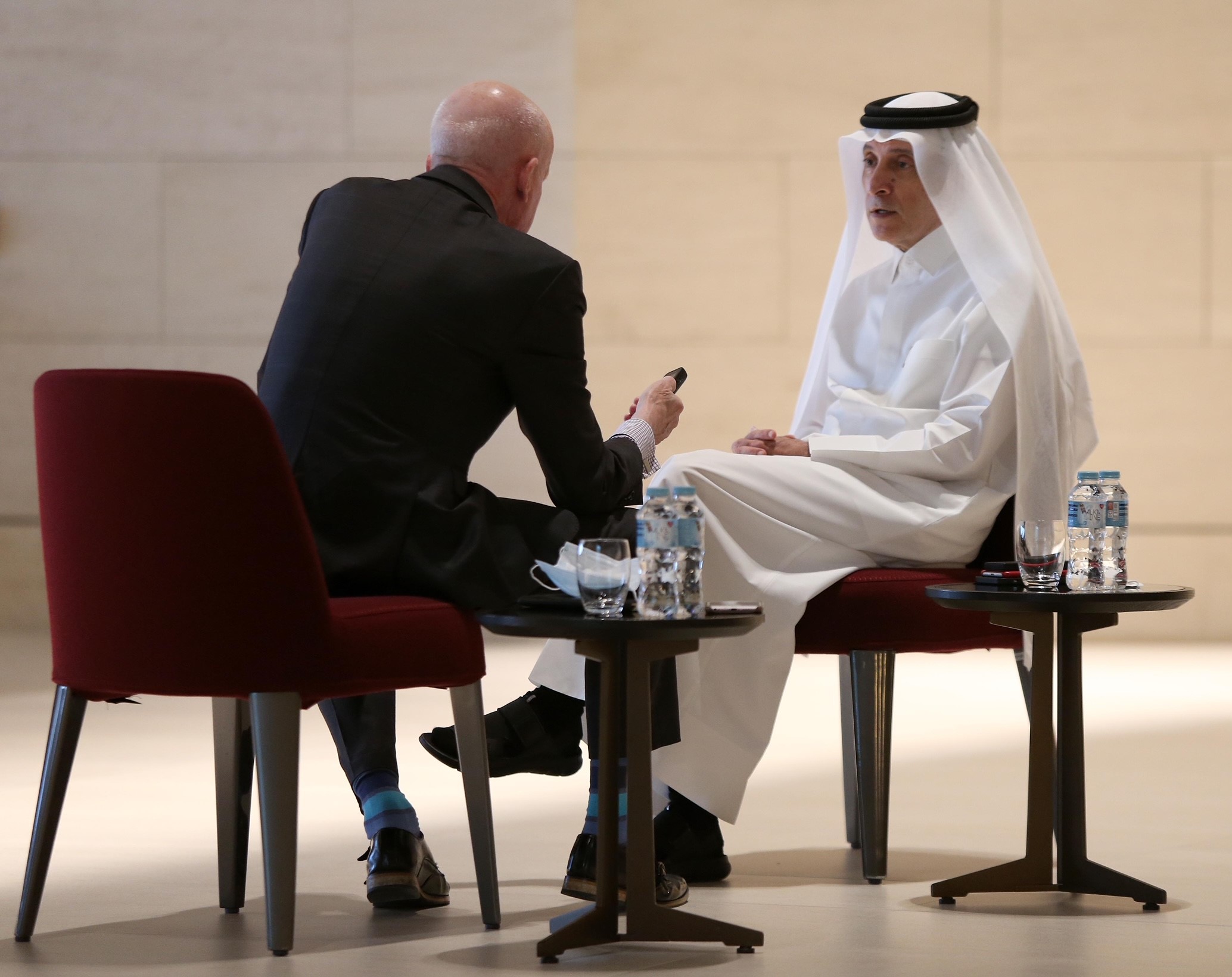
I did a PCR test here at the airport today, which I needed before I land in Korea, my next stop. It was very slick and well-organised.
Yes. And we have now invested to do a 15 minute PCR. We have ordered around 1.5 million doses of rapid PCR tests which will give you a result in 15 minutes. That would take four or five hours in a normal clinic.
Or in the case of most people’s travel experiences, within 72 hours of departure or arrival.
Well, we need to be one step ahead of our competition in order for us to let people to know that they can travel through Hamad safely.
But the reason we are doing this is because as you just mentioned, you are going to Korea, where they want you to be tested in your last stop. Canada and some other countries are the same. We want to be prepared so that we don’t deny you when you want to travel QR, by saying “Sorry we cannot take you to country X because you need to be tested at Hamad.” [i.e. Now we will be able to.]
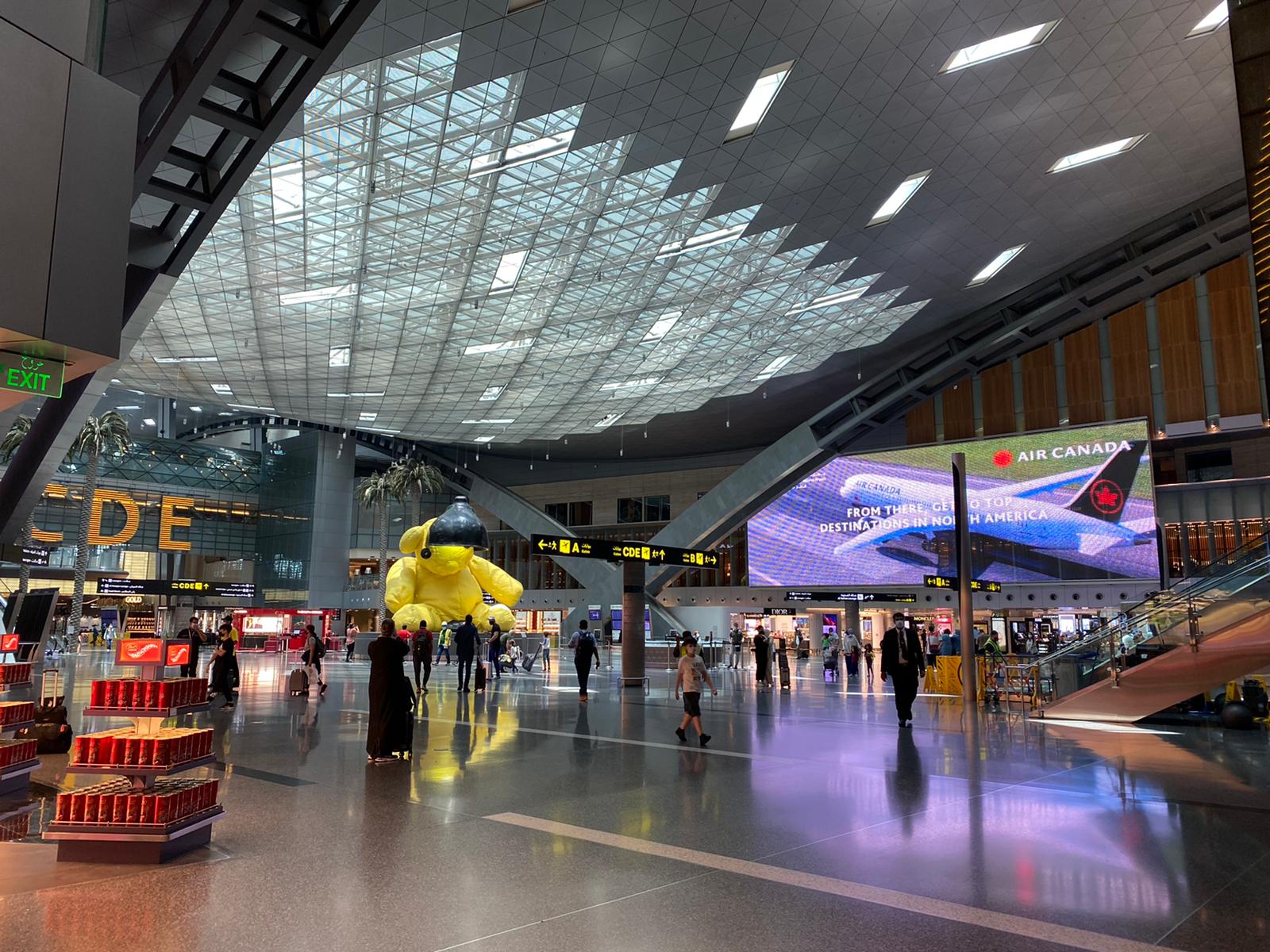
One of the very important things you’re doing here is restoring confidence in the travel experience, which has been dented.
I think people have realised the resilience of QR, that QR is an airline they can safely travel with and feel secure when they are onboard our airplanes.
You know, we were the first airline to have full PPE-clad crew, because we had to protect our staff. We invested in the UV technology by Honeywell. We have UV robots around the airport. We demanded that the passengers had to wear a mask and a face shield in the beginning till we could get more information about the virus. I think when you came last year you had to wear a face shield.
That’s correct. And a mask.
Okay. So we did everything possible. And I think we are the one of the very few airlines in the world that is measuring infection rates in passengers.

And what’s it telling you?
I’ll give you an example. We carried 384,000 British passengers over a six-month period and only 34 were infected. Now we don’t know if they were infected from the plane or they came infected, but what I’m saying is that it was just .0001 percent. So an airliner is a very safe mode of travel, even during a pandemic. Provided you take precautions.
And the precaution is to make sure that you’re wearing your mask, that you keep your hands sanitised and that you are taking precautions here and there to mitigate the risk.
You have a human laboratory here every day at Hamad International. Are you seeing a change in traveller behaviour in the stores and in the airport? Or do you think it’s becoming business as normal?
You know, human nature is always to adapt to circumstances and I think people are adapting. If you look at people, a lot of them are still coming in PPEs as passengers. They are continuously sanitising their hands. Other than with their families, they are always making sure that they are distant from others. So there is a bit of a cautious culture among the people.

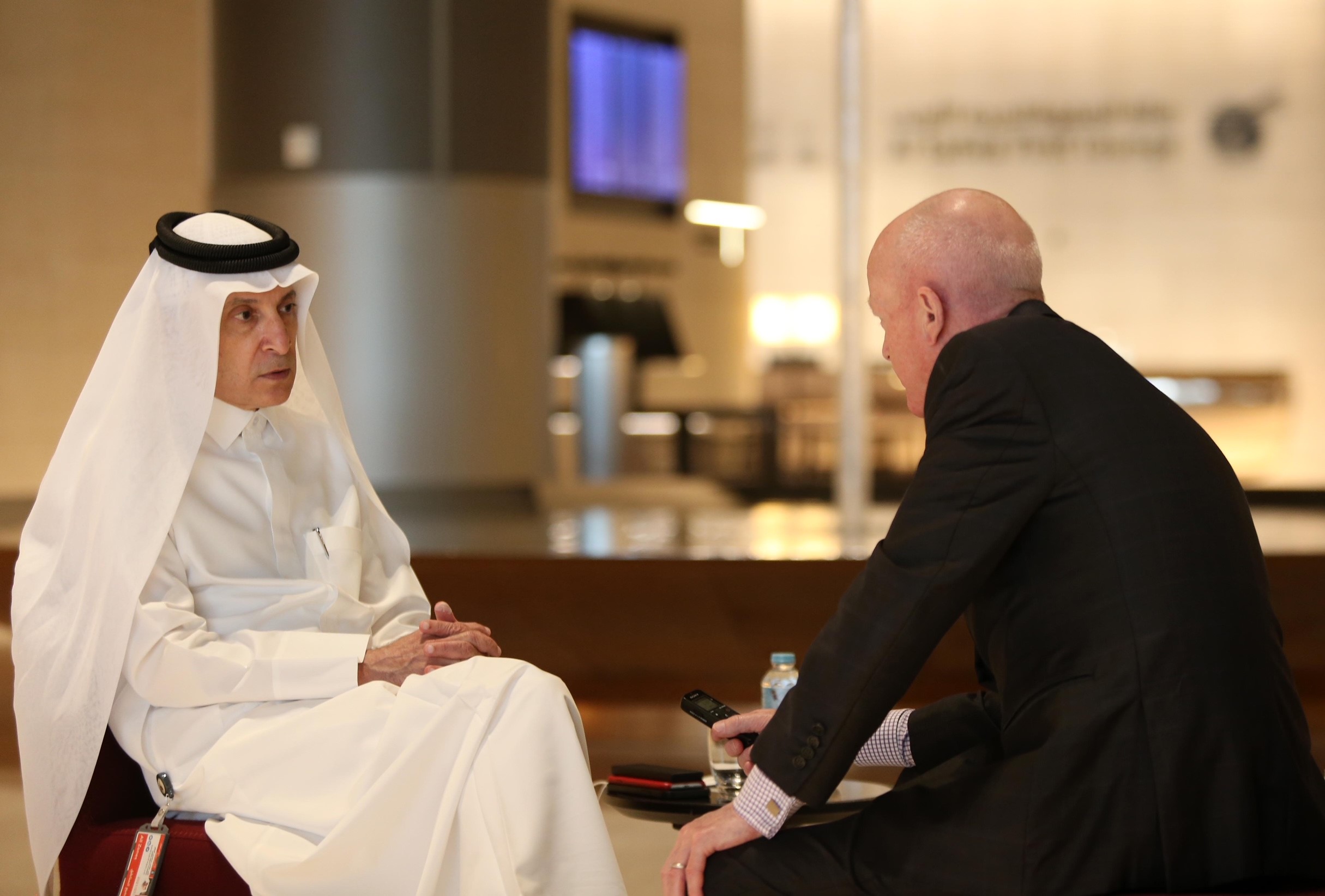
Some believe that in physical airport stores, people won’t engage post-COVID. That they won’t engage with staff and they won’t engage in terms of touch, taste, feel. But I walked your stores today and people were behaving very much like they were before.
I think so. Yes, they are. But keep in mind that when people are vaccinated, they have the confidence. You see what is unique about this pandemic, this virus, is that it can end up with you in the ICU. With vaccination… there is a very, very small percentage that will end up in an ICU. And even if they’re in ICU, they’re not on a ventilator.
As you can see in the country you’ve just come from [the UK], there is a huge rise if you see the graph [of rising cases] but when you look at the hospital admissions, it is very, very stable.

Which is why the authorities there feel emboldened enough to take the shackles off.
Yes, well, we’ll have to see. But whatever they do, I’m expecting that in September-October, you’ll get a huge spike and you will get hospital admissions. And this is why I keep on saying to the industry, at IATA, that we should not be complacent and that we will keep on getting waves of infection until such a time that we have herd immunity – the 6 billion people.
You know, the world is getting to [a population of] nearly 8 billion people; 25 percent of them are below the age of vaccination. So until you give 6 billion vaccines – which means you need 12 billion vaccine doses a year – the virus will not get weak and it will keep on mutating. When we stop the mutation, then the virus just becomes like you get a cold. It will happen but I think it will take at least two to three years.
Let’s chat about the other big picture issue which you and I have talked about so much in the past – the blockade [in January 2020, Saudi Arabia, Egypt, Bahrain and the United Arab Emirates agreed to restore full ties with Qatar after a bitter three and a half year dispute, which saw a land, sea and air blockade by the four countries against their regional neighbour]. Now you’re in a very different position from the last time we talked in October 2019. Tell me about that.
Two things. One, the blockade is over. Second is that none of the aims of the blockade were achieved. So I’m glad that people have started to realise that putting pressure on people doesn’t work. Only diplomacy works.
Certainly, it doesn’t work on you. And it doesn’t work on your government.
No. Pressure most certainly doesn’t work on the State of Qatar.
The resilience of your country was impressive.
Yes. And we came out of it emboldened and strong and we made new friends.
And now your old friends, as it were, are back.
And I’m happy that old friends are now realising that the best way of developing our region and its security is by cooperating and not by being adversaries to each other.

From a pure business point of view – airline, airport but also commercial retail – the ending of the blockade must have come as a timely boost given everything that was happening with COVID.
Yes, but I think it was more than just a timely boost. It was a time for people to take account of what damage the blockade had caused to everybody.
Let’s talk about the retail additions here. You’ve got some key luxury brands arriving, not just in one location but, including the expansion next year, two.
Most of the brands are coming in two locations. All the brands that are here are also booking spaces in the expansion. That’s because the expansion is so unique. I don’t think that there will ever be another airport built with the quality and standard Hamad has.
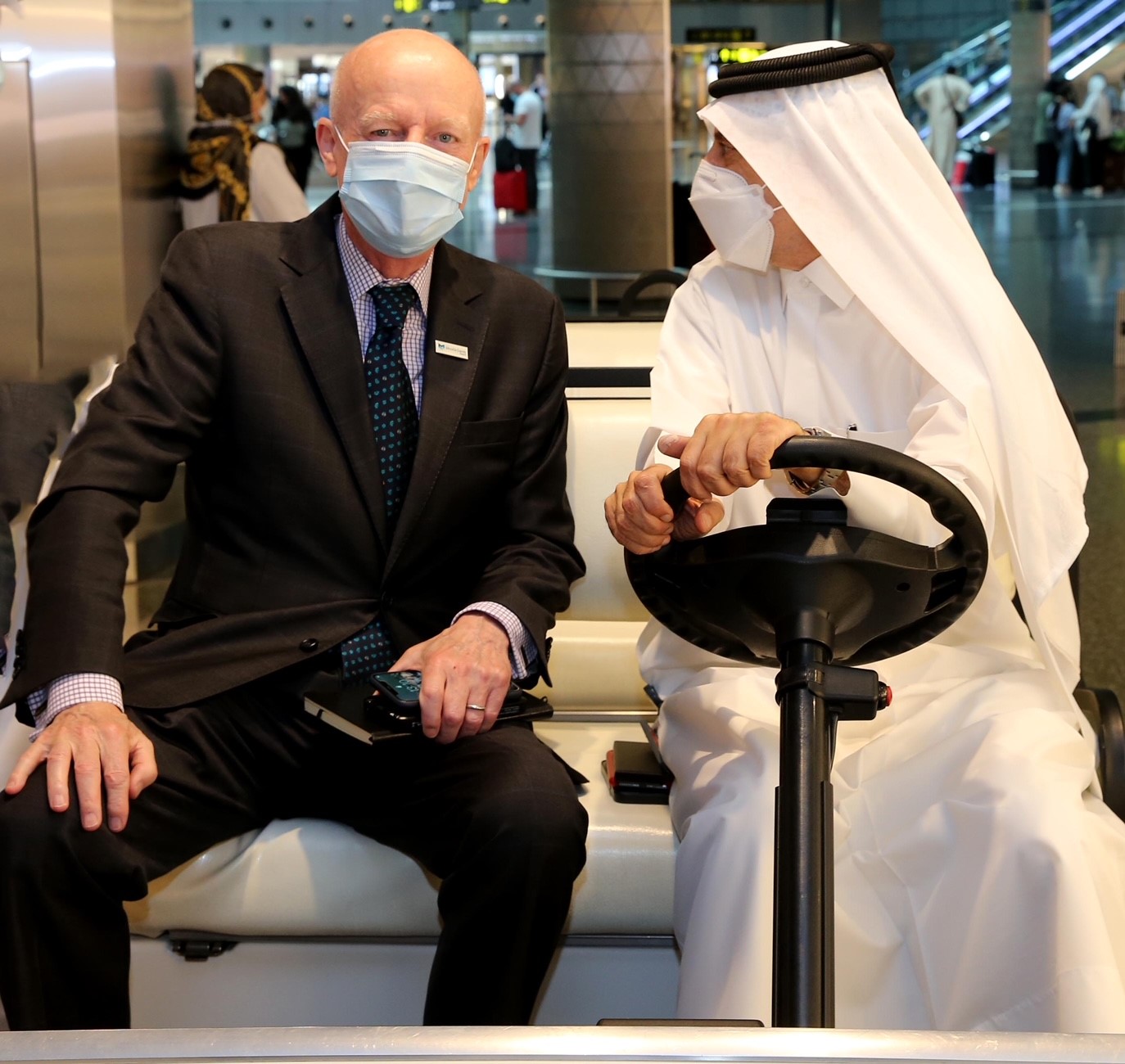
When you develop things, you always promise that I will discover something I won’t find anywhere else. Are there some special surprises in store within the expansion?
Yes. But I prefer not to tell that to you yet and to wait till when it is ready a little bit later than this time next year. We’ll invite you for the opening and you will see.
I look forward to it. But there are also some exciting openings happening this year, including in just a few weeks’ time. Tell us about those please.
[Note: Hamad International is marking its 21st anniversary this year by unveiling an enhanced retail portfolio of 21 new shopping and food & beverage outlets. The ‘21 in 21’ project embraces a range of brands, budgets, concepts and tastes. The Moodie Davitt will report on location from the opening next month.]
In a few weeks’ time, we are opening a major fashion zone [Viale di Lusso -Ed] which has an Emporio Armani restaurant, one of the first in an airport. We have Dolce & Gabbana, Pucci, Valentino, Chloé, Fendi, Jimmy Choo and a Starbucks Reserve, which has never been in an airport but we insisted on it if they wanted to come to Hamad. It will not be a normal Starbucks; you have to have the top level.
Then soon, we are going to open two major lounges. We have just opened a multi-brand casual clothing area, which you have already seen. We have opened Adidas. We are then opening another 100-room hotel in the other end of the airport. And of course, additional premium lounges in order for our passengers to have tranquility, which unfortunately at peak times with our current capacity we are not able to give them.
All this positivity, I think, serves as an elixir not just for the consumer but also for brands. Every brand in the world has felt the trauma of the pandemic.
Yes. Brands that didn’t want to come or brands that withdrew from Hamad are now clamouring over each other to get space. But we are very choosy after people leave us. We also now have now a lot of food outlets that are wanting to come here and open. We encourage this because we want people to have an airport where everything that they can think of is available.
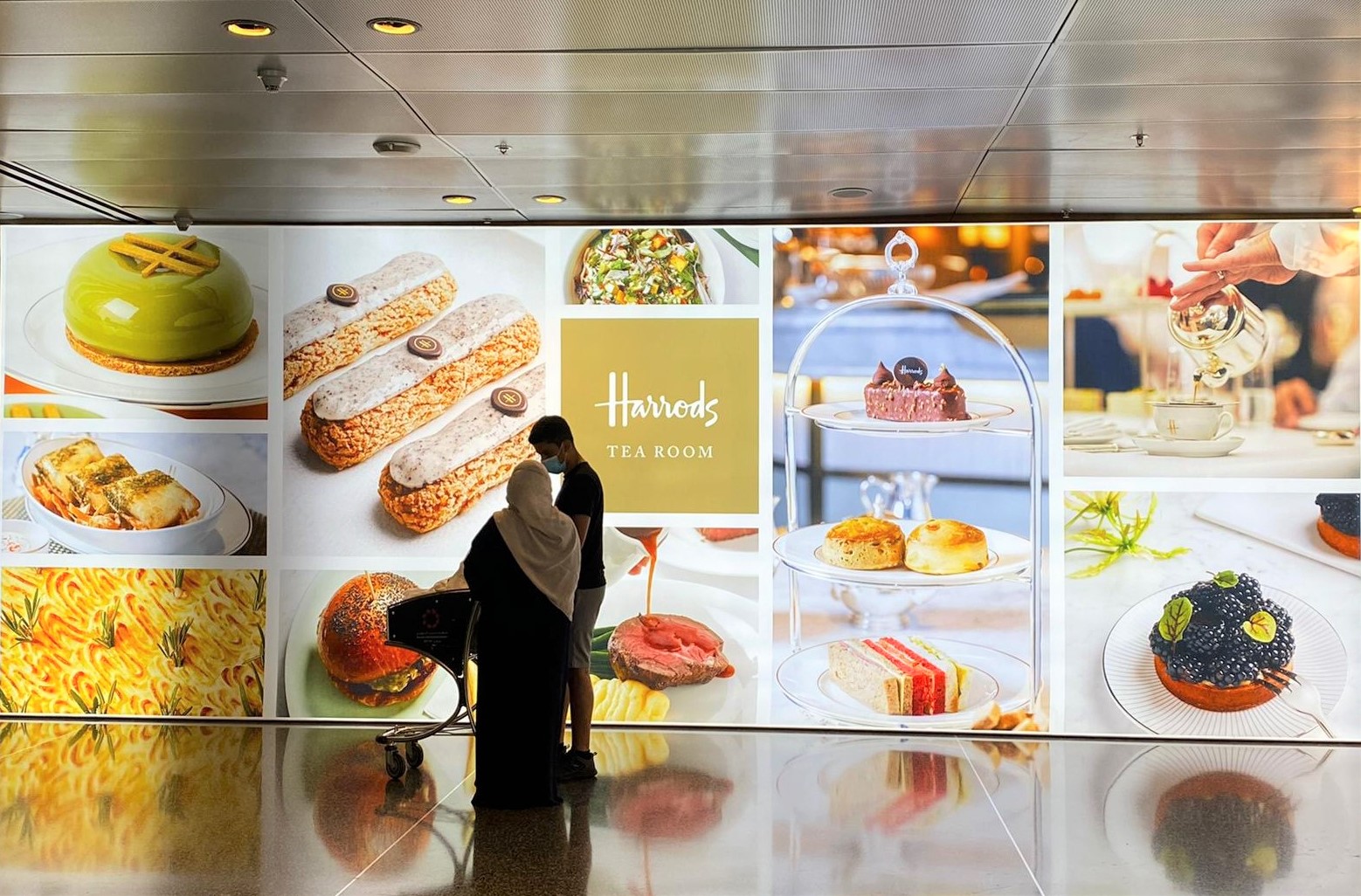
What I like is that you don’t put these compartments into silos – food & beverage, shopping, art, overall experience etc. That you aim to create a single integrated experience in this airport.
We have something for everybody. We don’t only want people who are affluent to come here. We want people from every level of society to come and to feel that there is something for them.
How excited are you about the Hamad expansion due to open in 2022?
I’m always very excited whenever we have new things to do. We always want to shift the goal posts. And that is really the vision of the country – we want to be best in everything we do. And now with my mandate of tourism, that is my next challenge, to bring Qatar as a major tourist destination in our region.
[Click on the YouTube icon for a preview of the Hamad International expansion due to open in 2022]
How are you going to go about that?
It’s not difficult when you have a vision and you have a will to achieve anything.
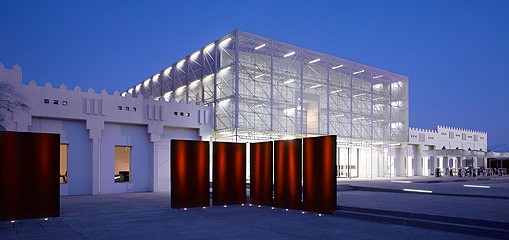

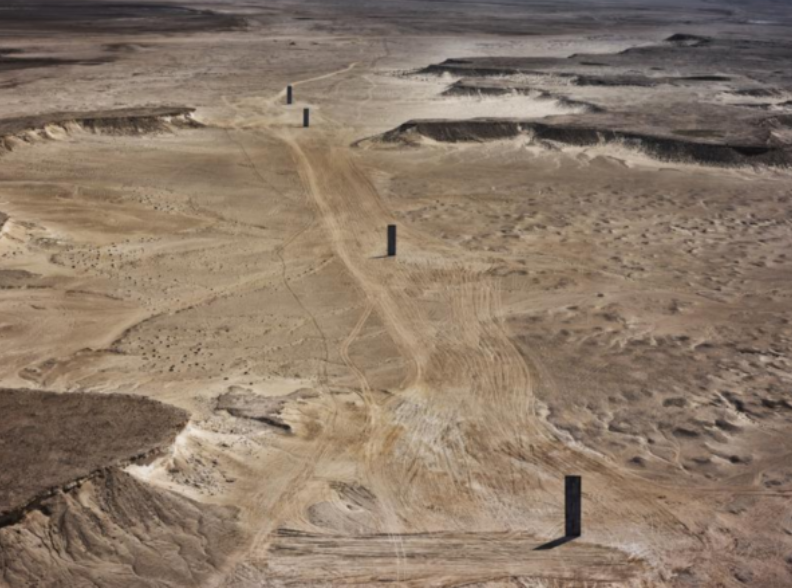
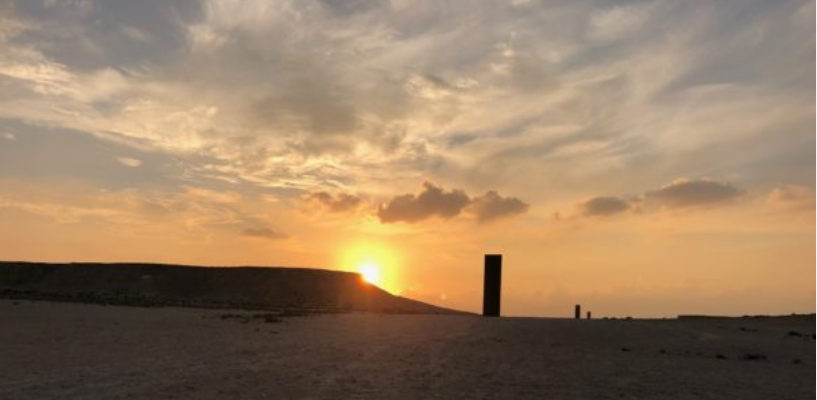
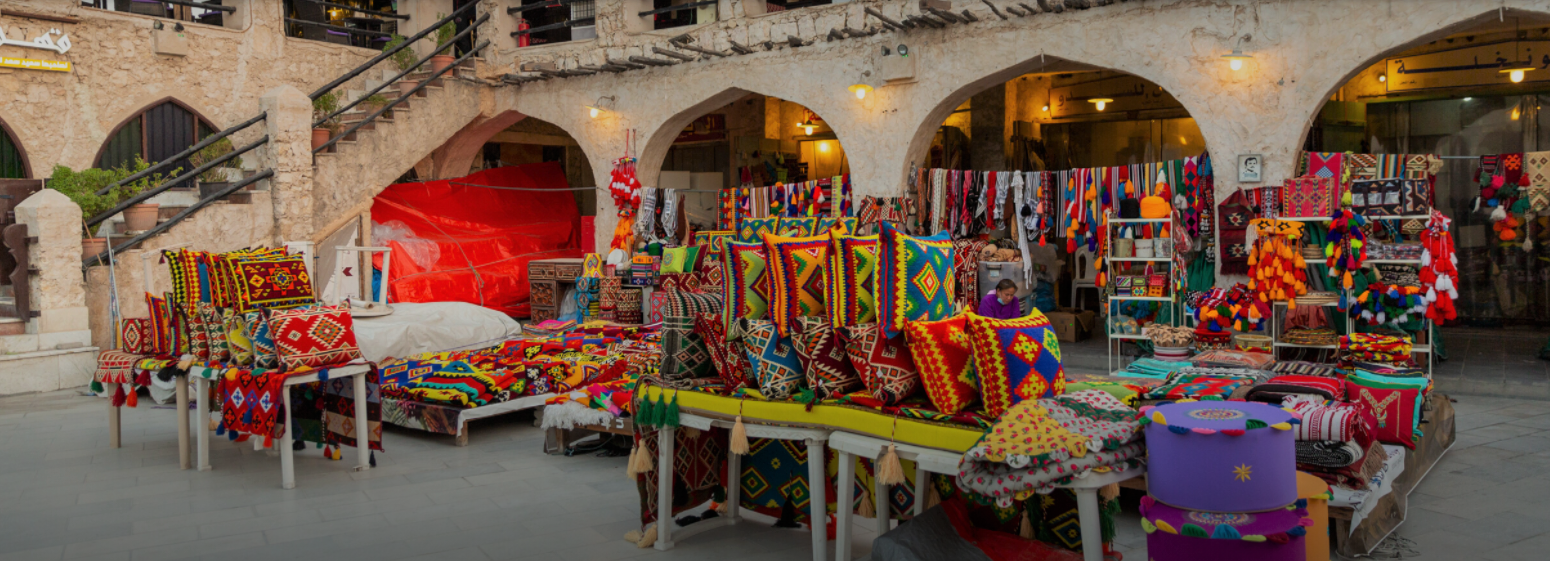
And you have a beautiful country and a wonderful culture. But maybe the world doesn’t know about it.
And we have very hospitable people, which is really the most important thing.
So it’s a matter of better communicating those virtues?
And we have been very bad at communicating. We will communicate in a different way than what we used to do in the past.
Chief, if you had one message to our industry and to the brands of the world what would it be?
I know that travel retail is passing through very difficult times in many countries where the tax authorities now want also to milk the industry.
We want to do the opposite. We want to encourage the travel trade to offer their customers the best value for money. And this is what we will do – keep on investing and welcoming the travel trade to flourish at our airport.
